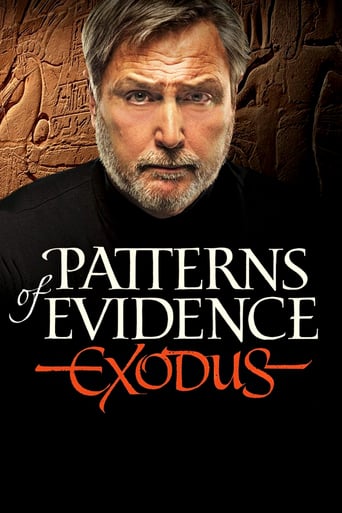fantasii_net
I'm so tired of people who say it about scientists that hold currently unconventional point of view. Don't forget that you can be biased in many different ways. You can be biased because of your religious beliefs as likely as you can be biased by mainstream point of view or other ideas. In fact, it's easier to become biased by statements the majority of people around you believe in. There are many ideologies and systems of beliefs that are not religious. Atheist can have a system of beliefs or presumtions. All of us do because it's a part of being a human and being raised and socialized in society that is already influenced by different ideas. Someone truly unbiased and open minded is open to any evidence and point of view. It's really annoying to witness that as soon as people hear something that goes against current conventional beliefs they say it's ''biased'' and how ''logical'' and ''unbiased'' they and people who have the same point of view as they do are. It's so ironic because at least 90% of these self-proclaimed logical and reasonable couch ''scientists'' didn't do a real scientific research of their own. They just watched the documentary and maybe googled some papers that support conventional point of view for their convirmation bias at best. Ideal scientists are supposed to be humble and only observe the evidences. They don't state anything with 100% guarantee. They shouldn't rely too much and be so influenced by current conventional beliefs even in scientific world to be considered more credible. This is more of a human psychology thing and it's about biases too.
Serdar Kaya
In 2001, archaeologists Israel Finkelstein and Neil Asher Silberman published a seminal book titled The Bible Unearthed. Citing both textual and archaeological evidence, the authors demonstrated the inaccuracies of the historical accounts in the Old Testament. Four years later, the eponymous documentary visualized the contents of the book. In interviews that took place in some of the actual excavation sites, the authors mentioned the capabilities of modern exploration technologies, and explained to the viewers the breadth of existing evidence against Biblical narratives.About a decade later, Tim Mahoney's Patterns of Evidence (2014) is released. The documentary attempts to counter Finkelstein and Silberman's arguments. However, it neither presents any new evidence nor proposes an alternative framework that would allow us to view the existing evidence through new lenses. Instead, it follows a quite common but utterly unscientific method: it refuses to hear what a large body of literature almost unanimously tells us, and tries to confirm the Biblical narratives by putting together bits and pieces of evidence that is circumstantial at best.In the end, we are left with a production that is a typical example of dogmatic thinking. Scientific thinking is simple: "I want an answer to my question. Let's see what the evidence indicates." In contrast, dogmatic thinking puts the cart before the horse: "I already have the answer, and now I must find some evidence that supports it." Sadly, many people are not sufficiently equipped to notice the invalidity of the latter way of thinking, and conclude that this an ongoing debate. Some others are happy, as such apologetic works reaffirm their beliefs - if not by the "evidence" they put together, then by underlining the possibility that some new findings in the future may prove the Biblical account correct.Nothing new here... "If you hold a belief because you think you should, over time you'll convince yourself it's true." (Peter Boghossian)
Johan Dondokambey
I am Christian to begin with, and I'm proud to say that my faith is strong in The Lord. But I'm not a scientist, though I am curious and often times seek the truth. It's very much faith empowering how this film elaborates on the story of Exodus, at the same time comparing it with coherent scientific evidence. Yet this movie also still nicely leaves room for faith. As faith is the basis of things we can't see, one needs faith to understand the reasoning this movie presented, while the evidence itself still gets debated by scientists. I for one at prior to this movie wasn't aware of the gap of date settings between scientists, or even the whole counter-idea of the Exodus itself, as being a myth. At a skeptic's perspective this may prove that ignorance is bliss. But I see it as the fact that faith in God can't be distinguished by mere scientists' wisdom, which base their findings on mere rags and tatters.
scoutandus
New York was known as New Amsterdam when the Dutch were there however when the English took it over they changed the name to New York, if I were write a blog and in it, made reference to New Amsterdam, most people would have no idea what city I was referring to! Likewise Ramses was known as Avaris, when the Jews were there however when Egyptians took it over they changed the name to Ramses!! Duh!! What an obvious and blatant mistake! How on earth could such renowned, educated and intelligent men and women in the field of archeology possibly be so stupid?? Furthermore it infuriates me when such individuals who have PhDs and are trained in the sciences to be professionals, act as if no one can point out there mistakes to them! And God forbid an amateur might actually know something that they don't! One should never let their persistence and passion turn into stubbornness and ignorance. Sorry for hyperventilating but this is ridicules!


